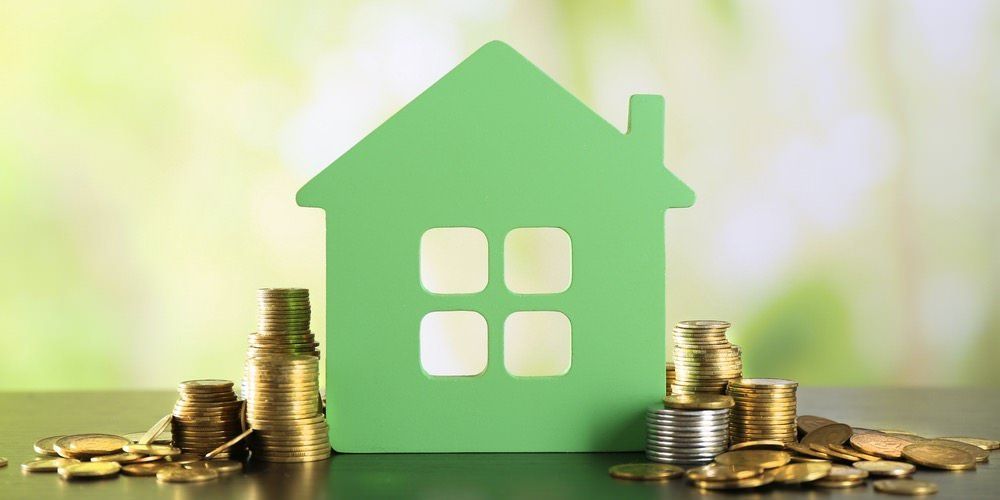Saving for a Downpayment? Some Advice Along the Way!
If you are looking to purchase a property in the next while, you probably already know that you need at least 5% of the purchase price as a downpayment. Saving a bigger downpayment, let’s say 10%, certainly increases your chances of securing financing. While having a 20% downpayment allows you to avoid paying CMHC mortgage insurance (most of the time), which can save you a lot of money!
The problem with saving money is that it’s hard! Really hard. Most of us spend what we make on life expenses. Finding extra money at the end of the month to put away for something like a downpayment on a house can seem like an impossible task. Unfortunately, there is no magic formula to simply make an extra $40k in 3 weeks, saving money is a process, and it takes time!
Below are three articles that can help you with the how of saving money!
Now, if you are considering purchasing a property, but don’t already have a plan in place, please contact me directly. I would be more than happy to get you started.
7 Simple Ways To Start Saving Money Now

Written by Prajakta Dhopade. Published on Money Sense November 9th 2015.
Most people realize that saving their hard-earned money is essential to ensuring a comfortable future. It’s just the actual execution of a savings plan that eludes them. But trying to save without a concrete plan can leave you feeling directionless and lost, both of which seriously hinder progress. On the other hand, implementing a savings plan that is too stringent could lead to feelings of discouragement, which may drive you to abandon your path.
So what are the best ways to create a savings plan and stick to it?
How To Avoid The Pressure To Spend
Written by Randy Cass. Published on Nest Wealth May 11th 2016.
We all like spending money on the things we enjoy, whether it’s dinners at nice restaurants, clothes, cars, or vacations, because when we buy we receive instant gratification. However, problems begin to surface when we overspend on wants instead of needs, or, when we spend money we don’t actually have.
Much like all behaviours, our buying habits reflect our backgrounds, experiences and psychological make up. And while shopping preferences and disposable incomes may differ, the logic behind our spending habits is pretty well the same – spending money allows us to feel in control.
The Magic of Wanting: An unexpected perk of living with less
Written by Chris Enns. Published on Rags to Reasonable Feb 22nd, 2015.
You remember how amazing Christmas or your birthday was when you were a kid?
The anticipation. The sleepless night. The setting out of the cookies… the eating of ice cream for breakfast (I’ll let you decide which tradition goes with which event). And the getting of sweet sweet stuff.
You’d made your list, or dropped super subtle hints about the exact lego set that you definitely wanted.
Then you wait, and the waiting is intolerable. But it finally comes. And there’s more anticipation. Will it be there? Will Santa come through? (Yes. He came every year on my birthday, too. We have a special bond.)
Now, as a legally defined grown-up, it’s pretty different.
Recent Posts



Contact Me Anytime!
The best way to get ahold of me is to submit through the contact form below. However feel free to give me a shout on the phone as well.




